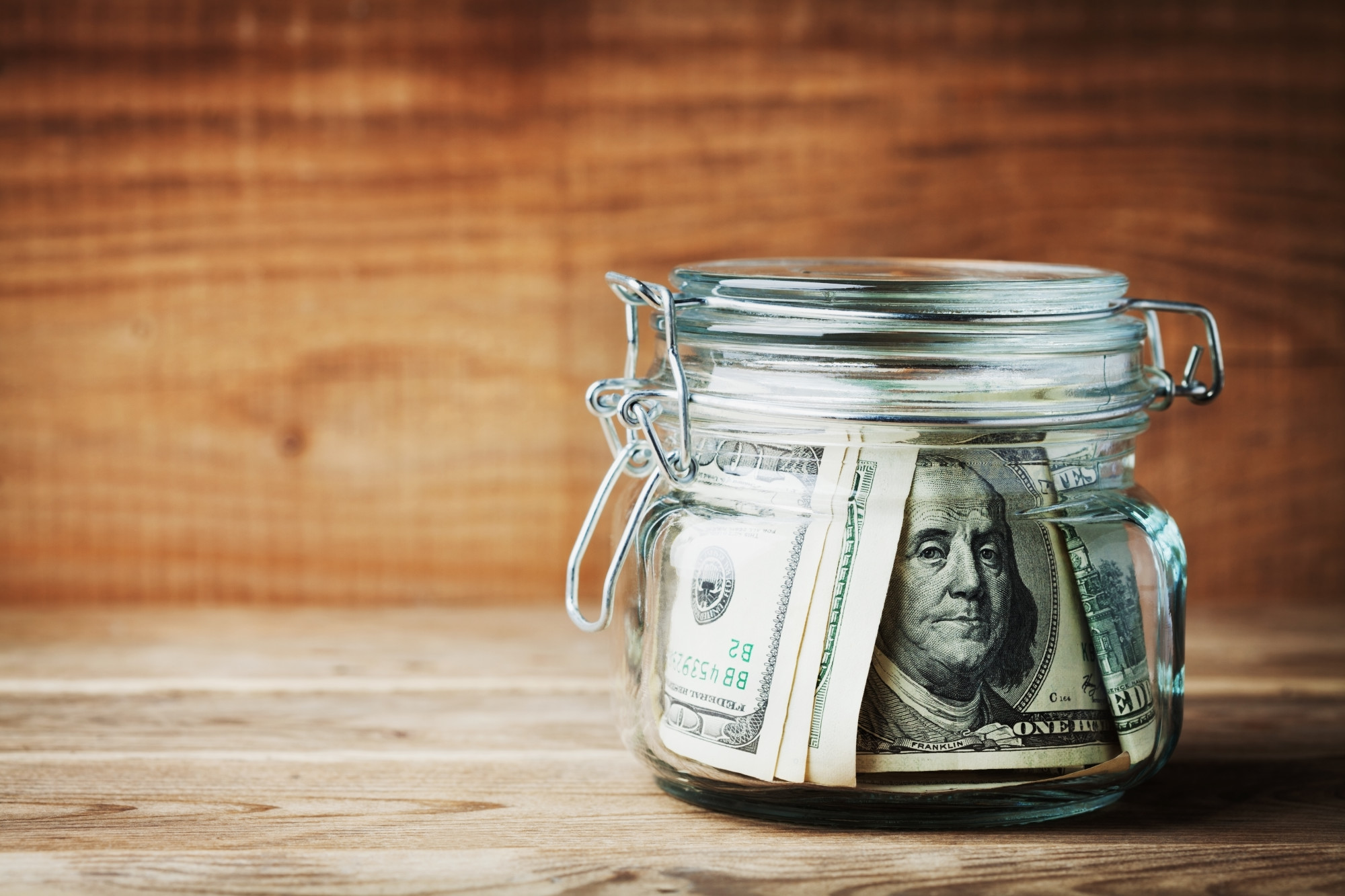What if too much money was actually a bad thing for your business?
For small businesses, a big challenge is figuring out what their cash reserves should look like. How much is too much and how much is too little?
Keep reading to discover what is best for you and your small business!
The Importance of Liquidity
Understanding your business cash flow can be a complex process. However, it all starts by understanding your particular liquid needs.
Put simply, “liquidity” refers to how quickly you can turn assets into cash. And this plays directly into your particular cash cycle.
Let’s say that it takes 30 days to sell most (or all) of your inventory and 30 days to collect money from various parties via invoice. You end up with a cash cycle that lasts 60 days.
Generally speaking, the bare minimum for your cash reserves is enough to cover costs during these two months. However, other factors may play into how much money you need to save.
Goals-Based Reserves
It’s dangerous to have only enough money to cover your cash cycle. This is why most businesses add extra money based on their short-term and long-term goals.
Having three months of cash reserves covers your cash cycle plus an extra month. This helps you to “play it safe” while running a tight margin.
Having up to half a year of reserves means you are playing it very safe. If you get nervous about temporary economic downturns, this is the best option for you.
If you have more than half a year of reserves, that means you are preparing for a more serious economic upheaval. The more pleasant alternative is that you may be storing money away for when opportunities present themselves.
Opportunity Knocks
Ever have to pass up an awesome purchase because you didn’t have enough cash? This can often happen at the small business level as well.
If you have half a year or more of cash reserves, then you may be able to take advantage of opportunities to expand your business. And the more cash you have set aside, the bigger your potential opportunities.
For businesses planning serious expansion in the coming months and years, it’s generally good to set aside a large amount of cash reserve.
Credit: The Double-Edged Sword
So far, we’ve focused exclusively on cash. However, there is another factor to consider: business credit.
We’ll be blunt: the safest thing for your business is to avoid credit altogether and stick with cash. However, that’s not always an option.
If you rely on credit, be sure to set some firm ground rules for how much you are willing to borrow. By setting these boundaries early on, you can reduce the risk of your company going into serious debt.
Small Business Cash Reserves: The Bottom Line
Now you know more about optimal small business cash reserves. But do you know who can keep everything straight for you?
At Accfin Group, we specialize in providing small business solutions for accounting, payroll, and more. To see how we can boost your business, check out our bookkeeping services today!



[…] also save money on additional expenses like health insurance or paid time off, which means even more […]